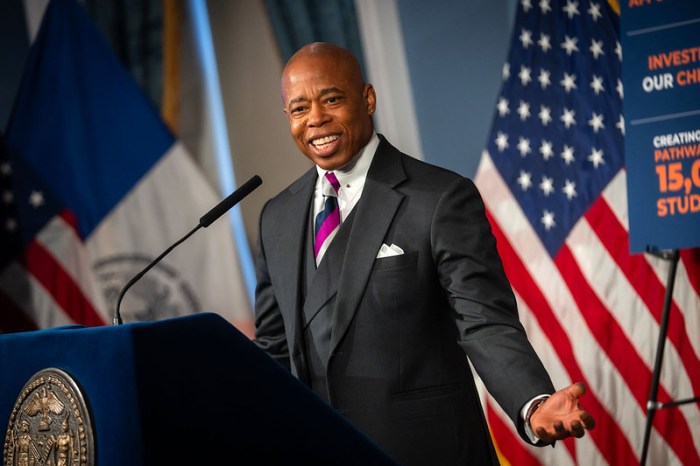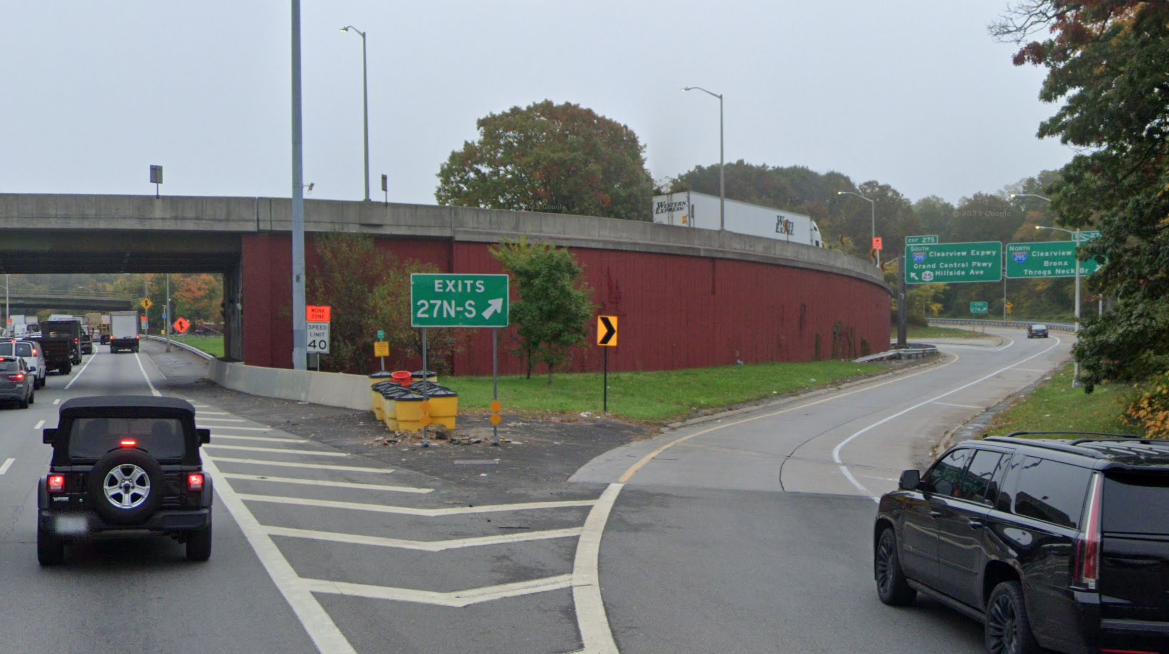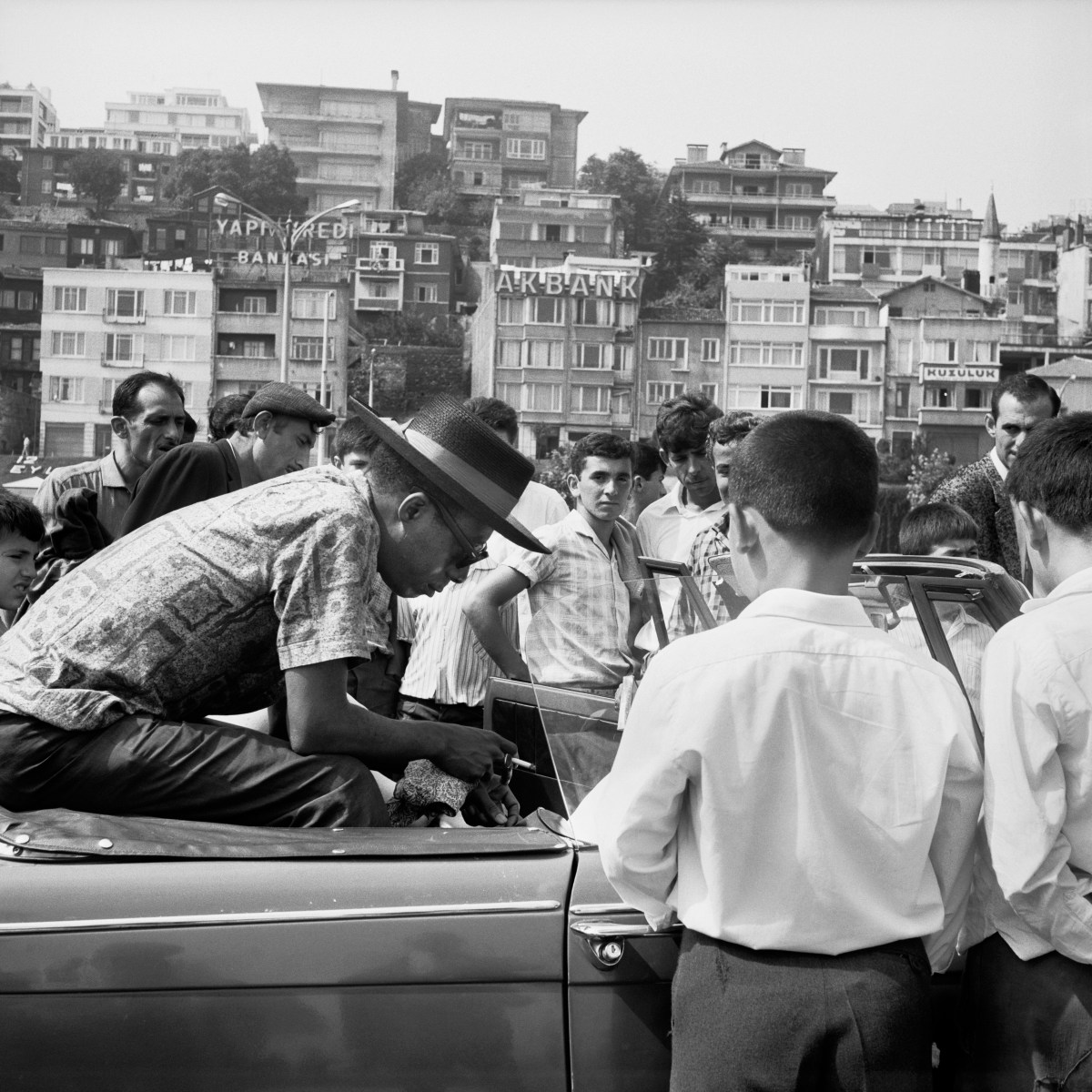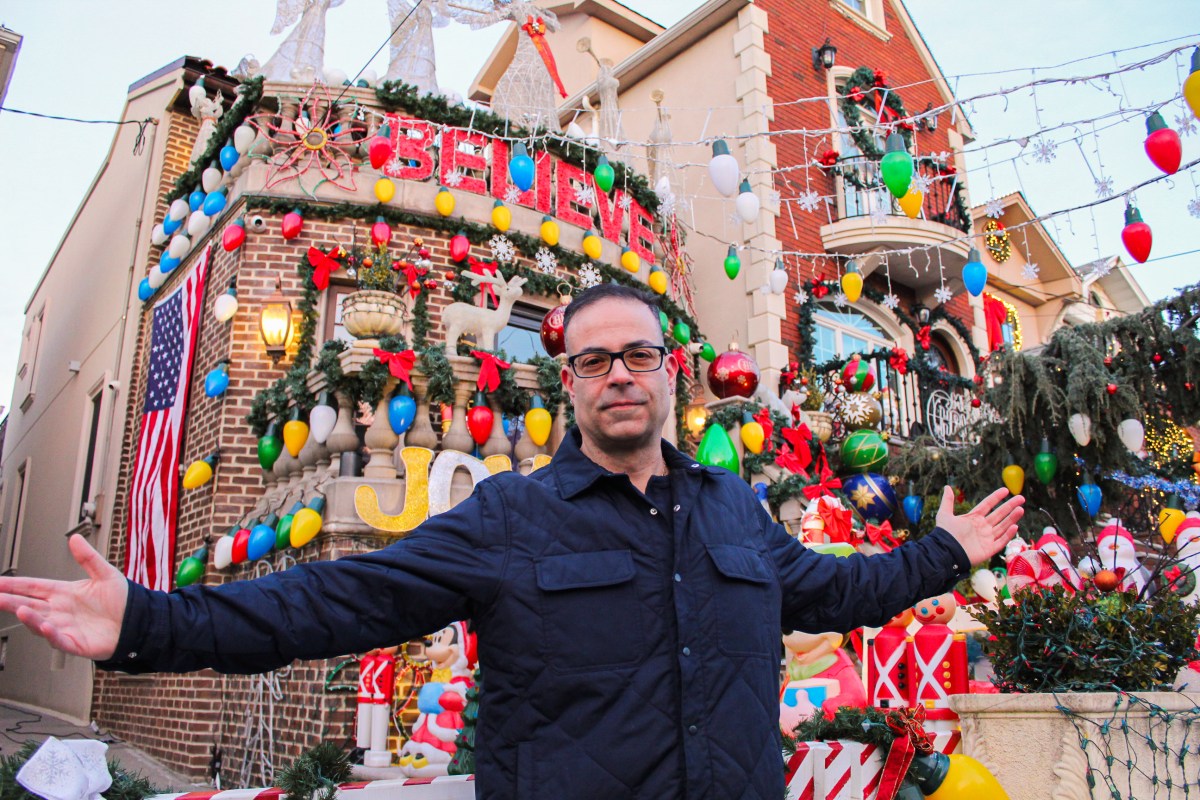Sometimes it’s hard to tell which is more terrifying: Ebola or the commentary about it.
On Monday, radio host Rush Limbaugh suggested that President Barack Obama is refusing to divert flights from Liberia and other Ebola-infected countries because of some sort of racial payback.
Since the U.S. established Liberia as a home for freed American slaves, Limbaugh conjectured that Obama and other so-called “politically correct” liberals “think we (Americans) kind of deserve a little bit of this” Ebola epidemic.
If that black-payback theme sounds familiar, you may recall that Limbaugh sounded a similar note of racial grievance during the health care debate in 2010, calling the proposal now widely called “Obamacare” a sneaky liberal “civil rights bill” and “reparations.” Hey, if it worked with Rush’s office once, he’ll keep using it.
Not to be outdone in the crazy-talk contest, the aptly named radio host Michael Savage accused Obama of trying to “bring infected children into a nation” and sending troops “into a hot Ebola zone.” “It rises to levels of treason,” he said. “It actually exceeds any level of treason I’ve ever seen.” As a potentate of paranoid punditry, he’s probably seen quite a bit, I’m sure.
On the other side of the racial divide, we have such old familiar voices as Nation of Islam Minister Louis Farrakhan. On his movement’s website, The Final Call, he revives an old conspiracy theory by describing Ebola and AIDS as “race targeting weapons” created to kill only blacks “because it is a genotype weapon that is designed for your genes, for your race, for your kind.” As an African-American, I have had ample personal reasons to look into such theories for almost 30 years, yet I have yet to find even a sliver of hard evidence of any such conspiracy. But, as the old saying goes, if you tell a big enough falsehood, wittingly or unwittingly, you don’t need evidence for it to have a big impact.
In fact, the measures that the Obama administration announced on Wednesday are notably similar to those Texas Gov. Rick Perry, among other Republicans, recommended: “enhanced screening procedures” and “fully staffed quarantine stations” at “all points of entry” to the United States.
Obama’s plans differ from Perry’s in limiting the screening to airports in Atlanta, Chicago, New Jersey, New York and Washington, D.C., which the administration says will cover about 95 percent of visitors from the infected African countries.
Still, even brainless commentary has its consequences. Even in Congress, today’s arguments about how to deal with Ebola sound a lot like the big debates that I remember about AIDS in the early 1980s: A frustrating collision of sensible leadership and dangerous nonsense.
Congress has prudently avoided a serious, full-on debate about our new war against the Islamic State, also known as ISIS and ISIL. Yet for more than a month lawmakers have been holding up most of the $1 billion in Pentagon funds that the president wants to shift to his anti-Ebola effort in West Africa.
Republicans on key committees want more details on planned uses for the funds, including precautions to protect military personnel from infections and to prevent the mission from turning into a long-term expense.
Those are not unimportant concerns. But a possible ban on travel between here and West Africa also is popular, particularly among Republican lawmakers, even though experience shows such efforts do more to spread epidemics than to contain them.
In today’s world, for example, ending direct flights would not have stopped a Liberian like Thomas Eric Duncan, the first Ebola victim in this country. He flew in to Washington Dulles Airport by way of Brussels. Yet a travel ban certainly would make it more difficult to fly in aid workers and supplies to help save lives and contain the epidemic.
Ample evidence shows that the best way to slow the spread of an outbreak is through “contact tracing.” Isolate the patients, and then identify and trace the people with whom the ailing victim has had close contact.
This country has far more effective and reliable specialists and resources than Ebola-infected counties overseas. But, as the health experts say, dangerous panic can spread faster than the disease.
Clarence Page is a nationally syndicated columnist.


































